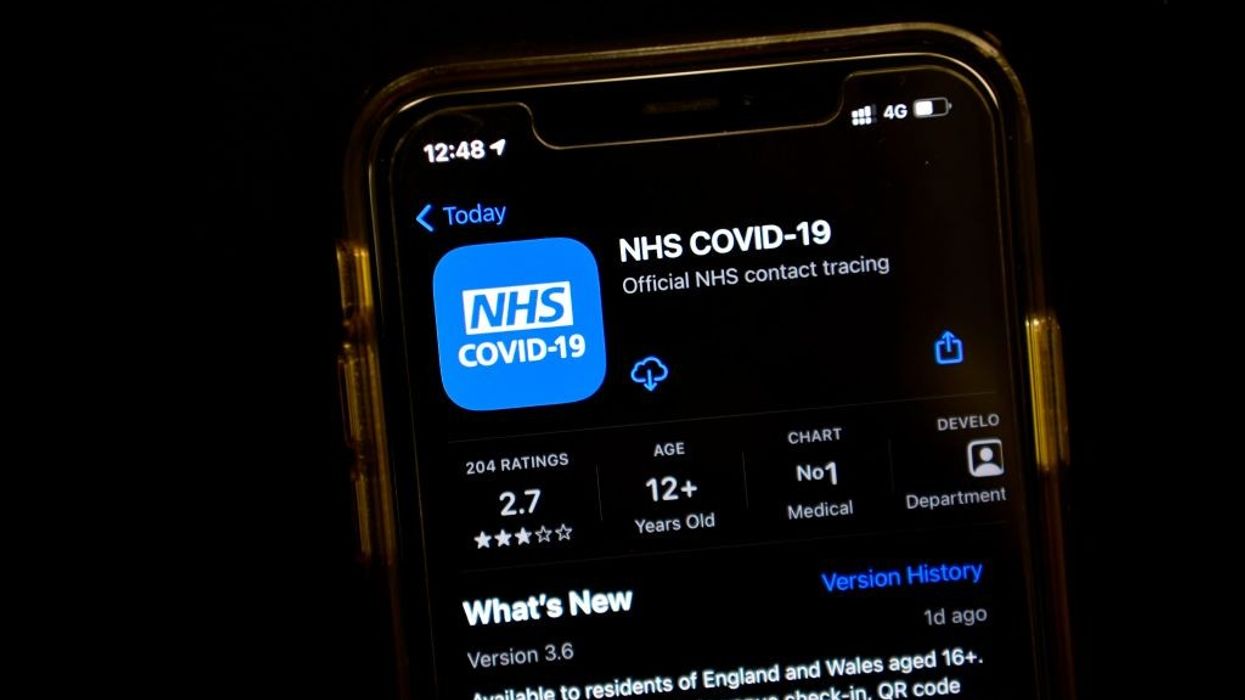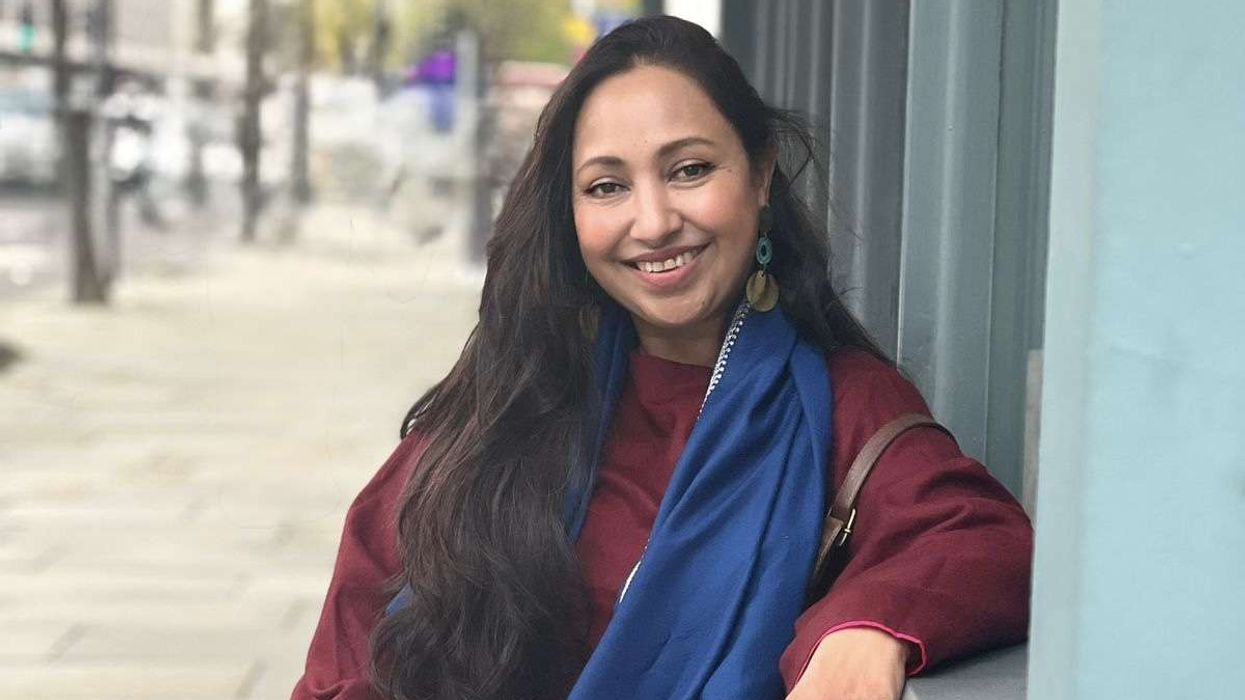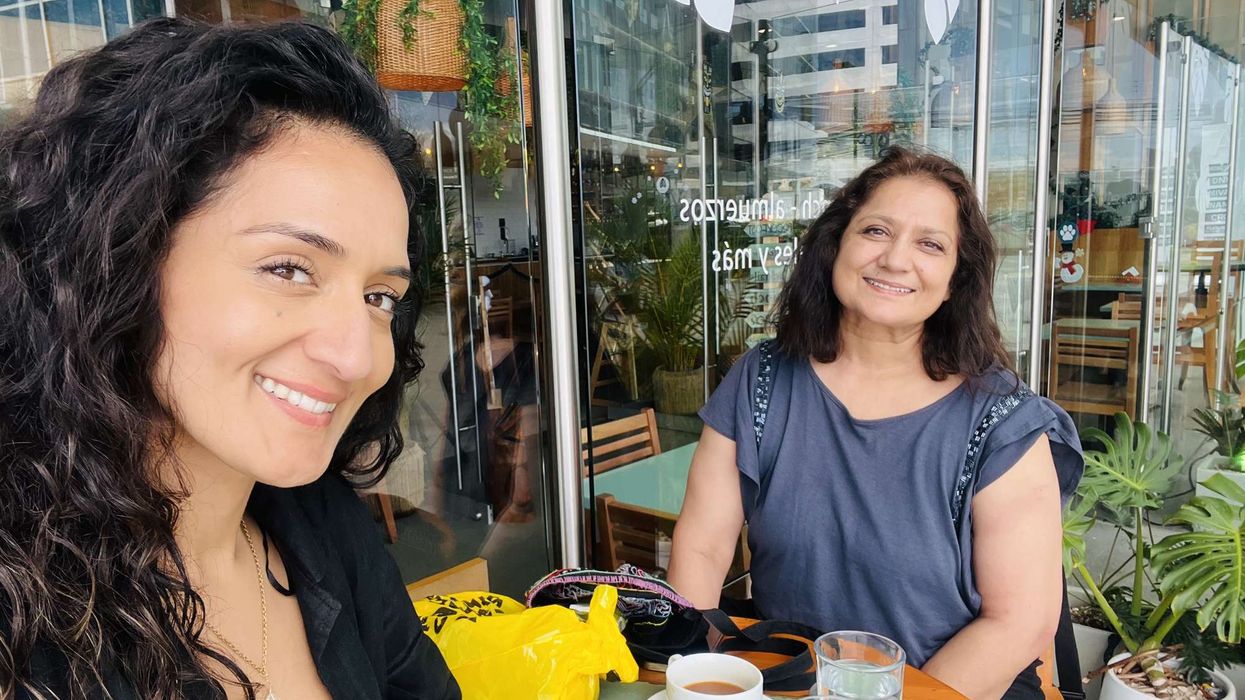A STARK divide in people's use of Covid-related technology such as contact-tracing apps risks disenfranchising some of Britain's most disadvantaged communities, researchers said on Thursday (25), calling for a more inclusive approach to digital health.
Nearly a fifth of respondents lacked access to a smartphone, 14 per cent lacked broadband internet, and 8 per cent had neither, hampering their access to key health information and services during the pandemic, according to a UK poll by the Ada Lovelace Institute.
The most clinically vulnerable, poorest and oldest were most likely to lack technology access, said the report by the independent research body.
"This has the dual effects of making their needs and interests invisible, and of disenfranchising them from consideration in the design and development of technologies," said the institute's Reema Patel, who led the research.
"Closing the data divide must start with closing the digital divide."
The study comes amid increasing concern that the pandemic has exacerbated health and social inequalities.
The Ada Lovelace Institute, which aims to ensure data and artificial intelligence (AI) work for everyone, said even if people had access to a smartphone or broadband, lack of digital literacy could leave them unaware of what tools were available.
Three fifths of those polled had not heard of symptom-tracking apps, and more than half did not know about mental health apps or online services for booking medical appointments.
Patel said there was a long-term danger that public health decisions informed by data collected from apps would further marginalise sections of society that could not access them.
"This risks perpetuating inequalities that existed before the pandemic and that have become more and more pronounced during the pandemic," she added.
More than half of people in the poll of 2,023 adults, supported by the Health Foundation charity, also said vaccine passports would likely lead to discrimination against ethnic minorities, LGBT+ people and those in precarious work, among others.
Britain is reviewing the idea of vaccine certificates - dubbed vaccine passports - allowing people to travel and access public spaces like restaurants and entertainment venues.
Nearly half of respondents from black, Asian and minority ethnic backgrounds were concerned they would be discriminated against by the introduction of a passport scheme, compared to less than a third of white respondents.
People on lower incomes were also more worried than those on higher incomes, according to research by the institute which is named after 19th-century English mathematician Ada Lovelace, a trailblazer for women in maths and science.
Despite concerns about fairness, 70 per cent of the public thought the introduction of vaccine passports would boost vaccine uptake.
Opponents of such schemes fear they could be used to restrict the rights of those who have refused the jab.
The report urged policymakers and developers to place greater emphasis on understanding the attitudes of the wider population before and during implementation of digital health technologies.














